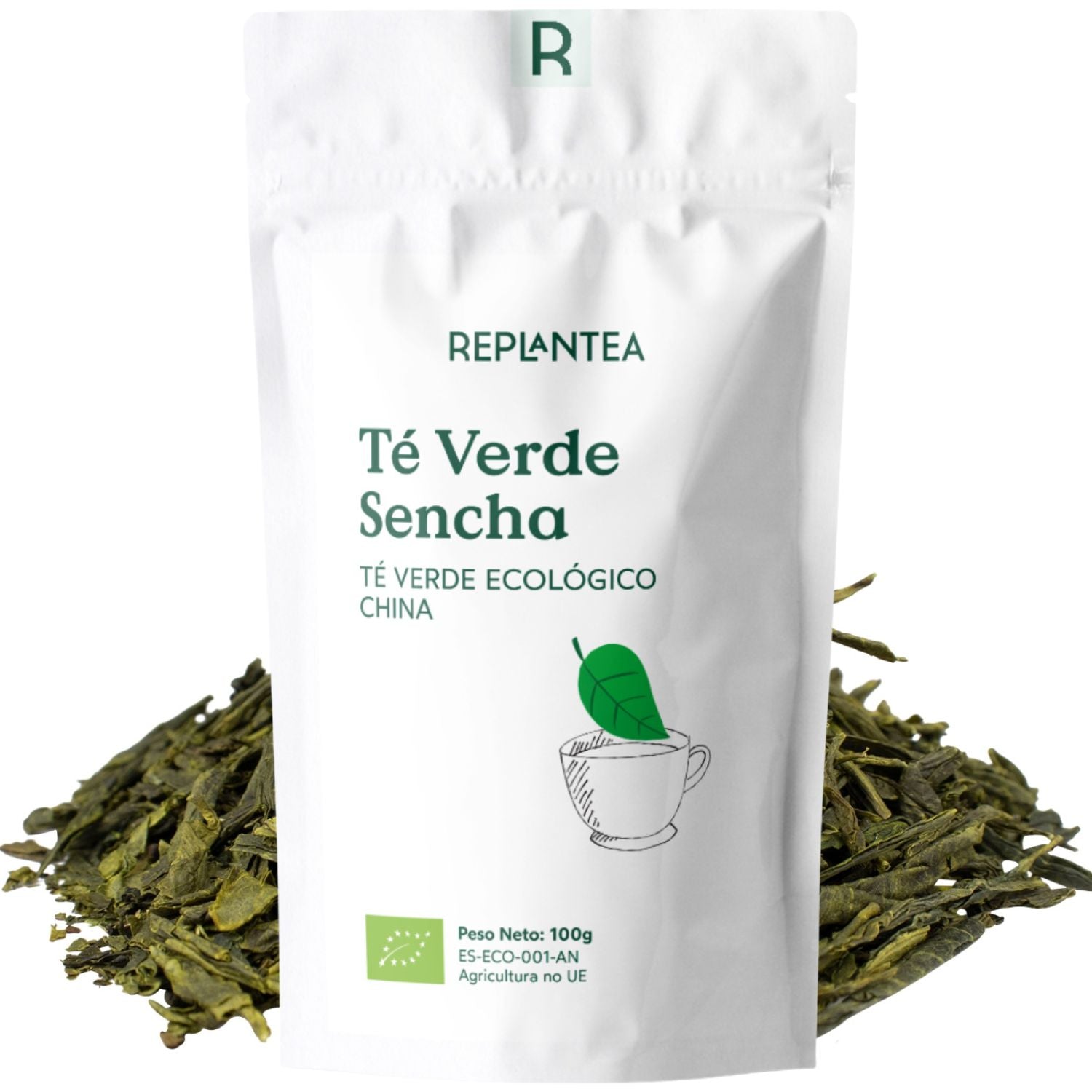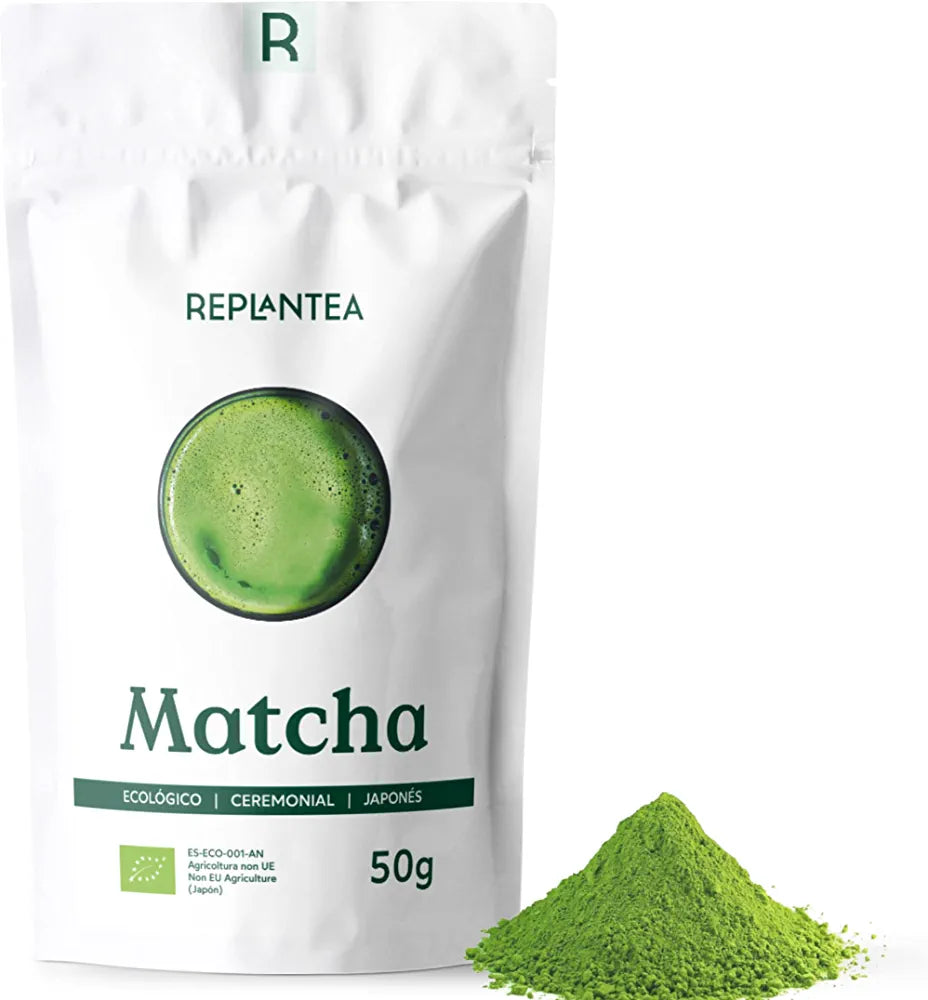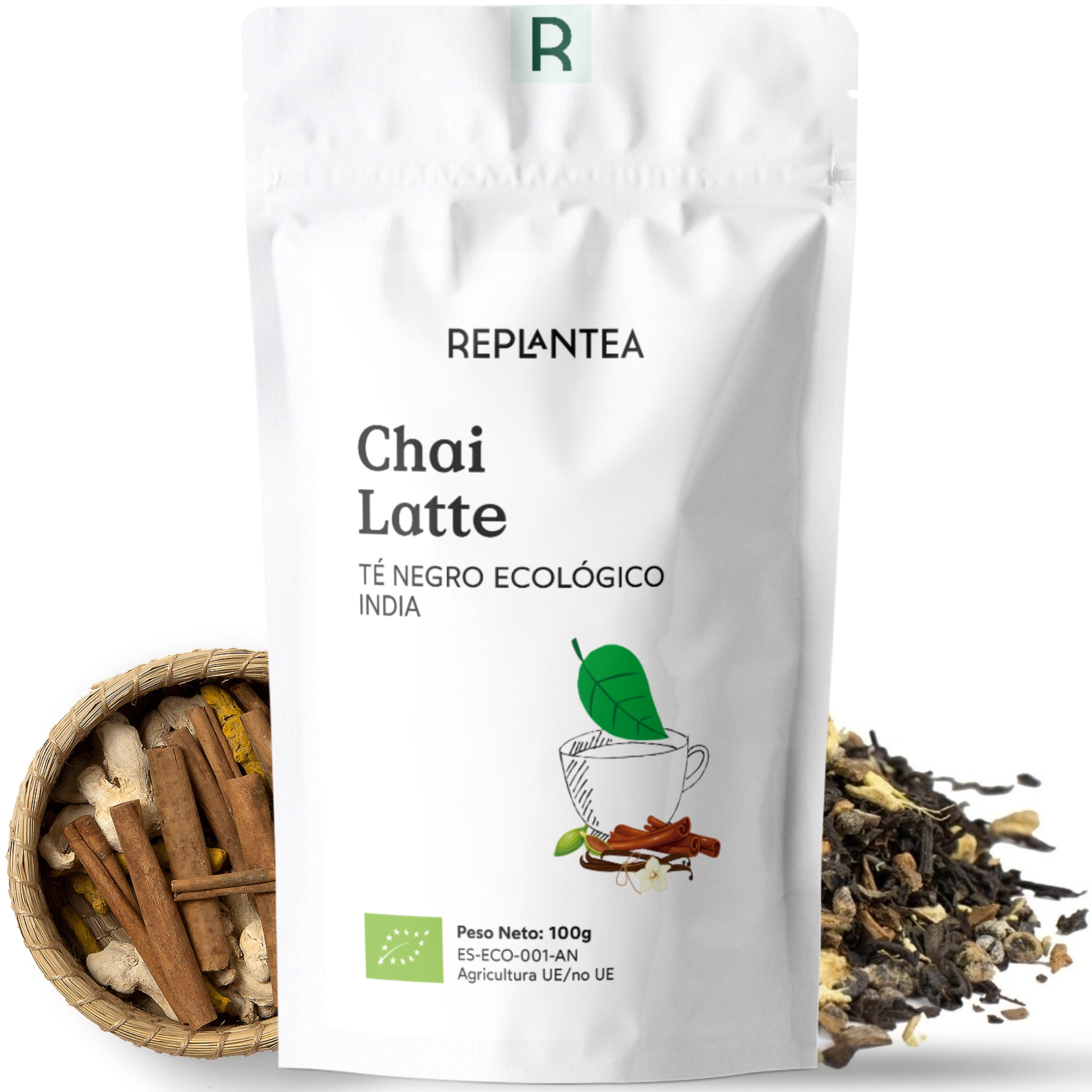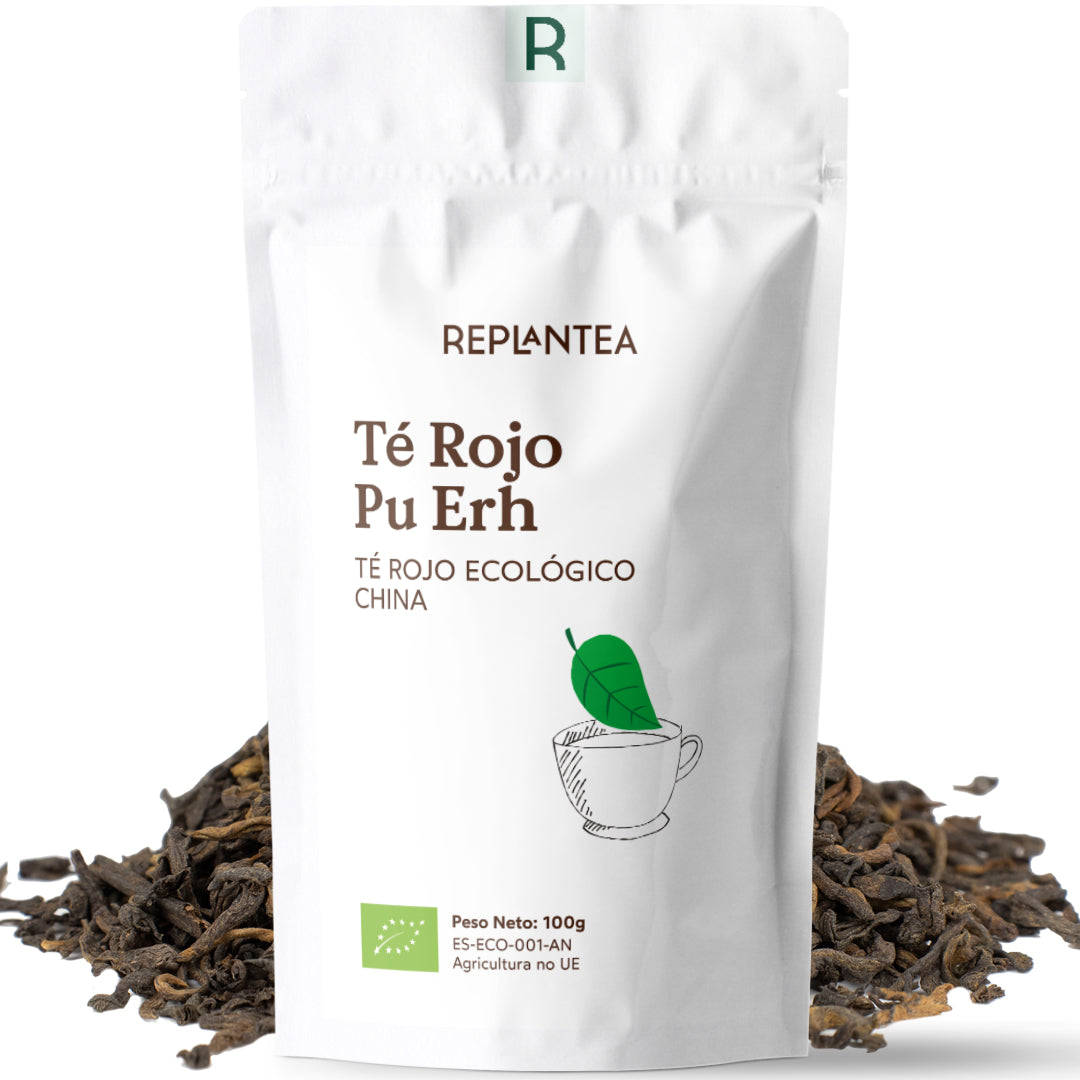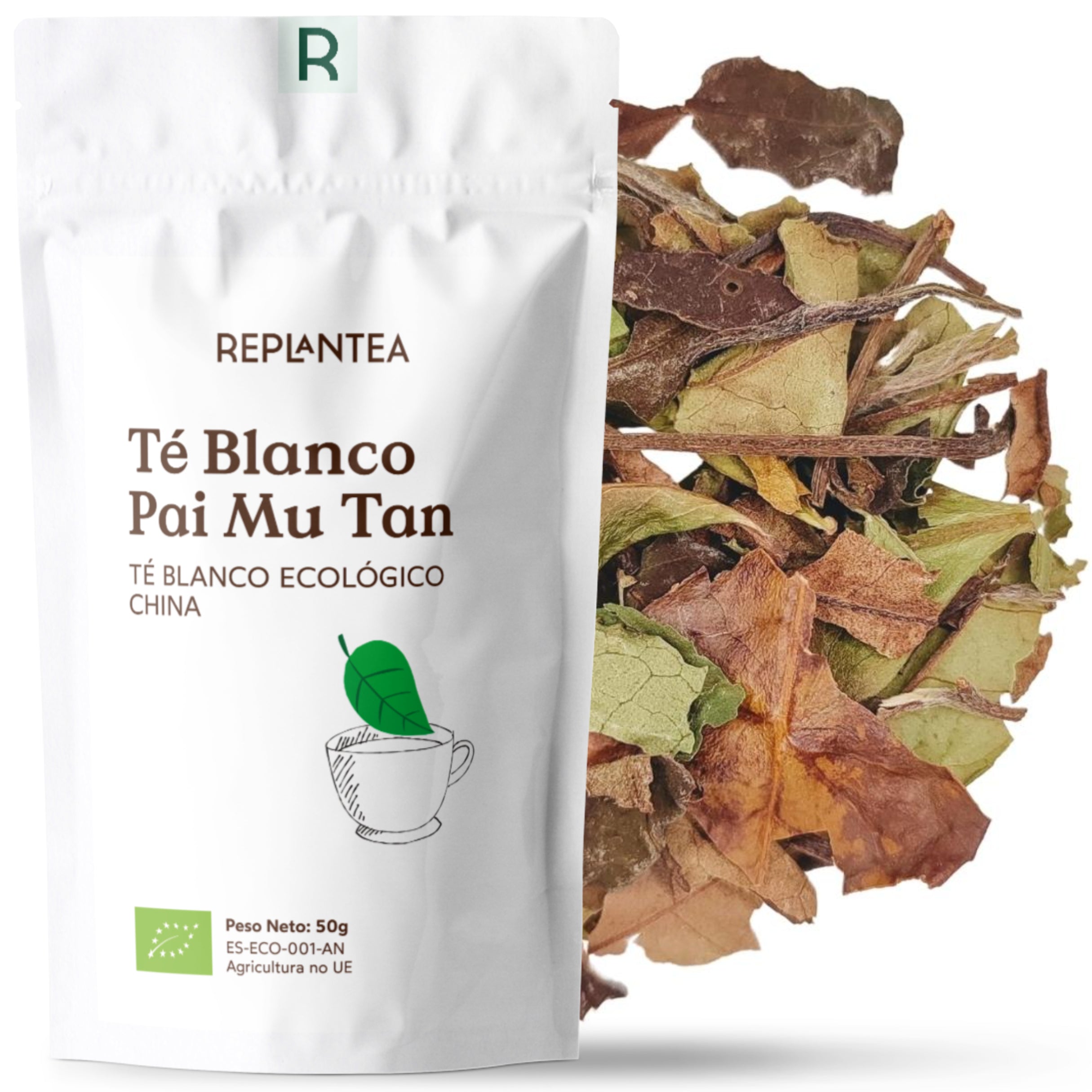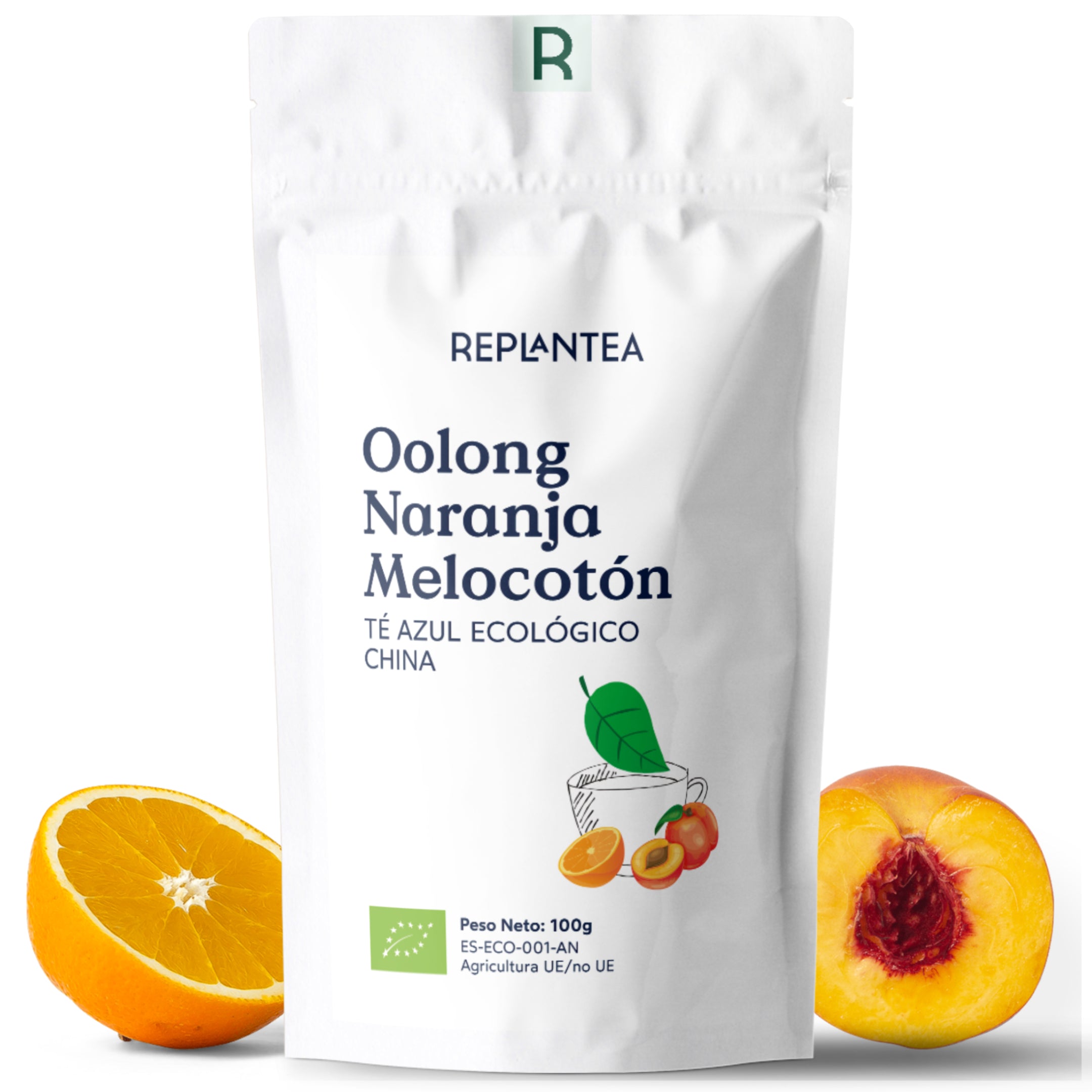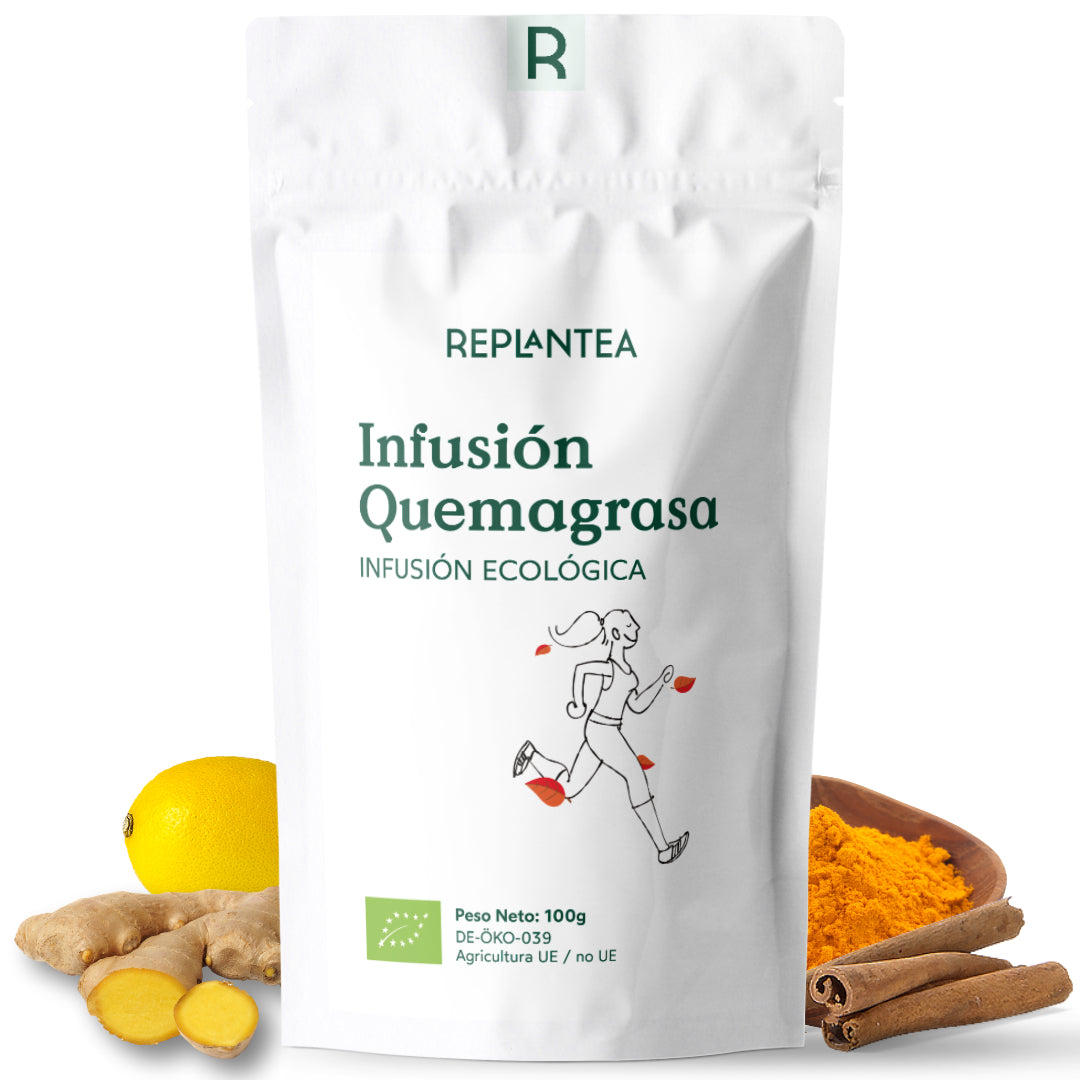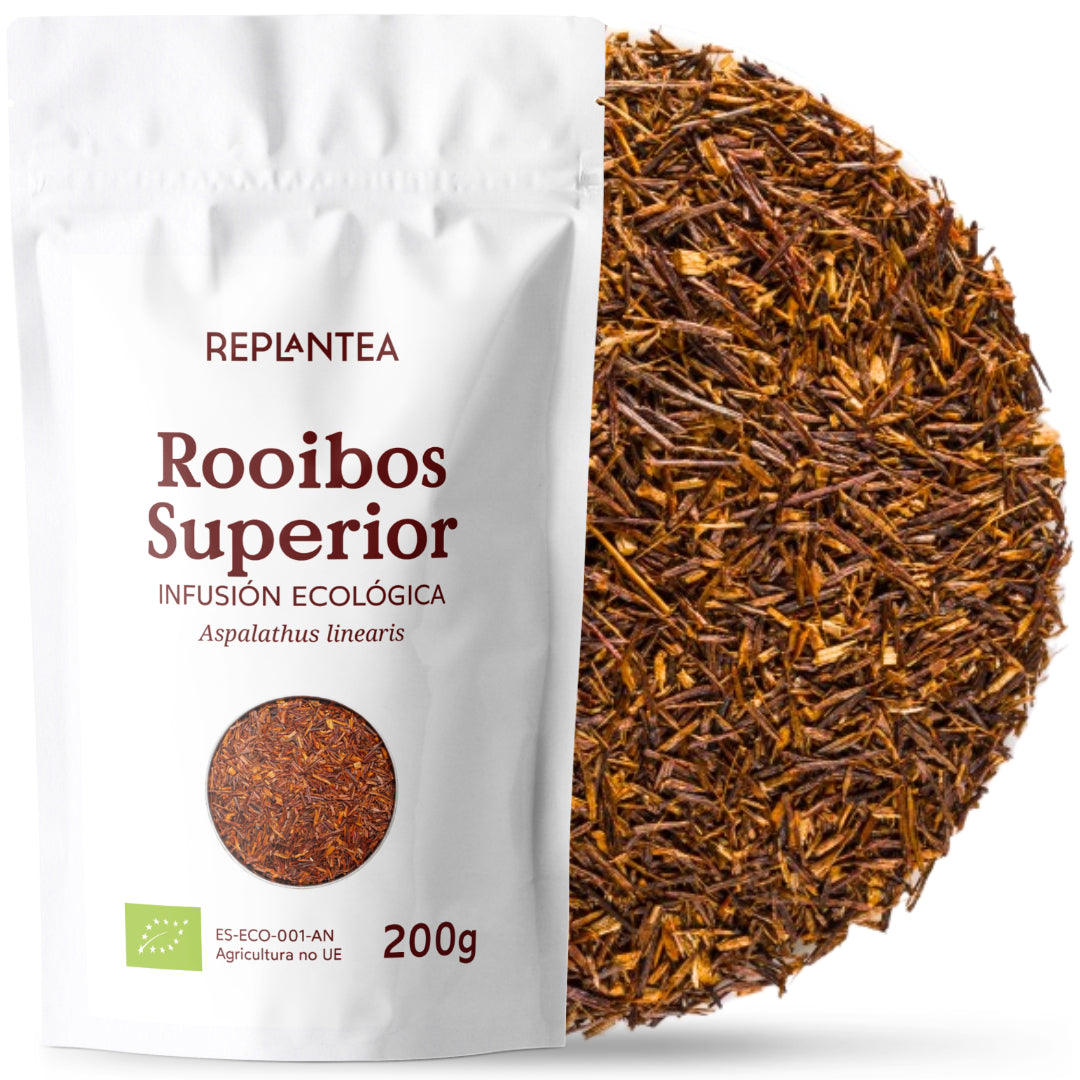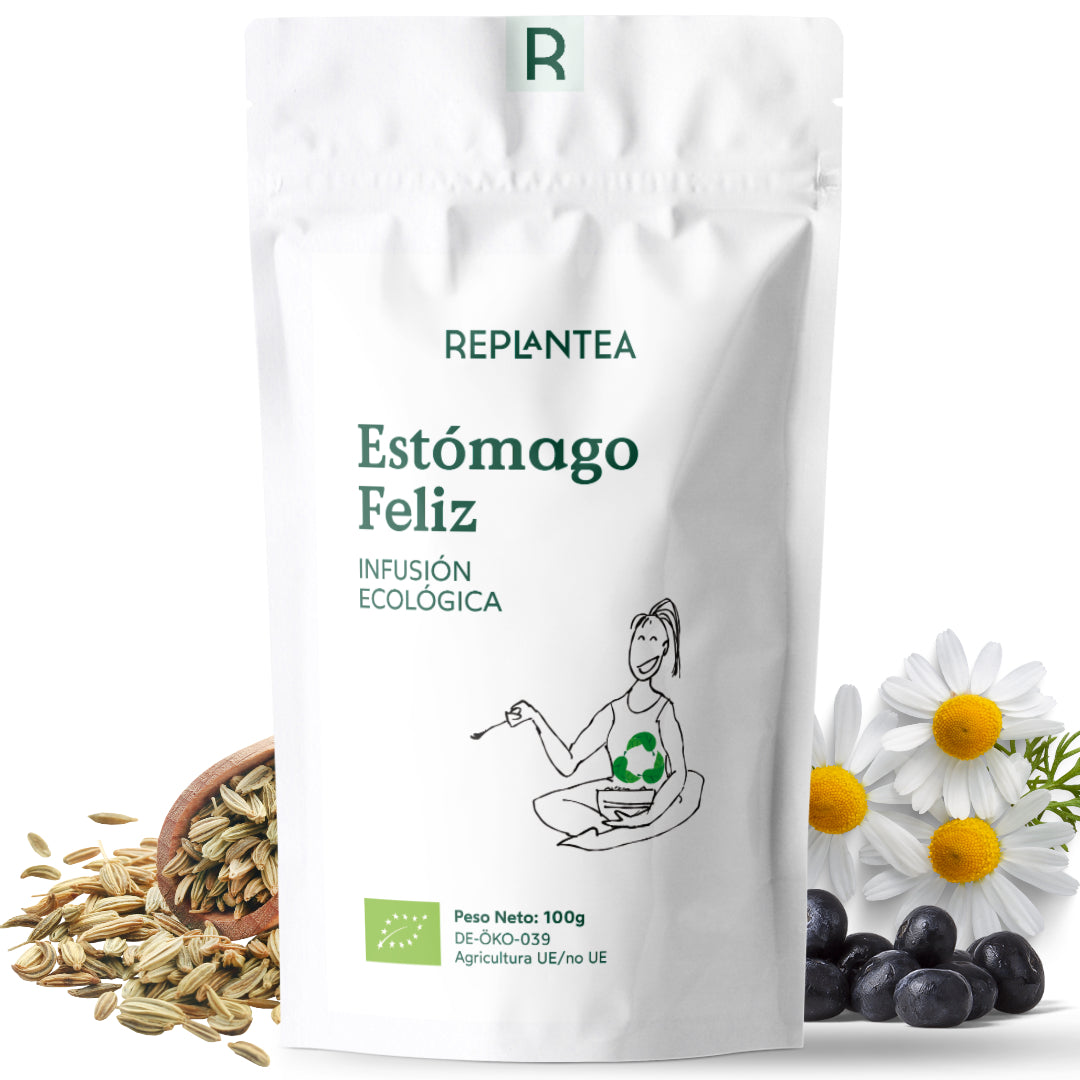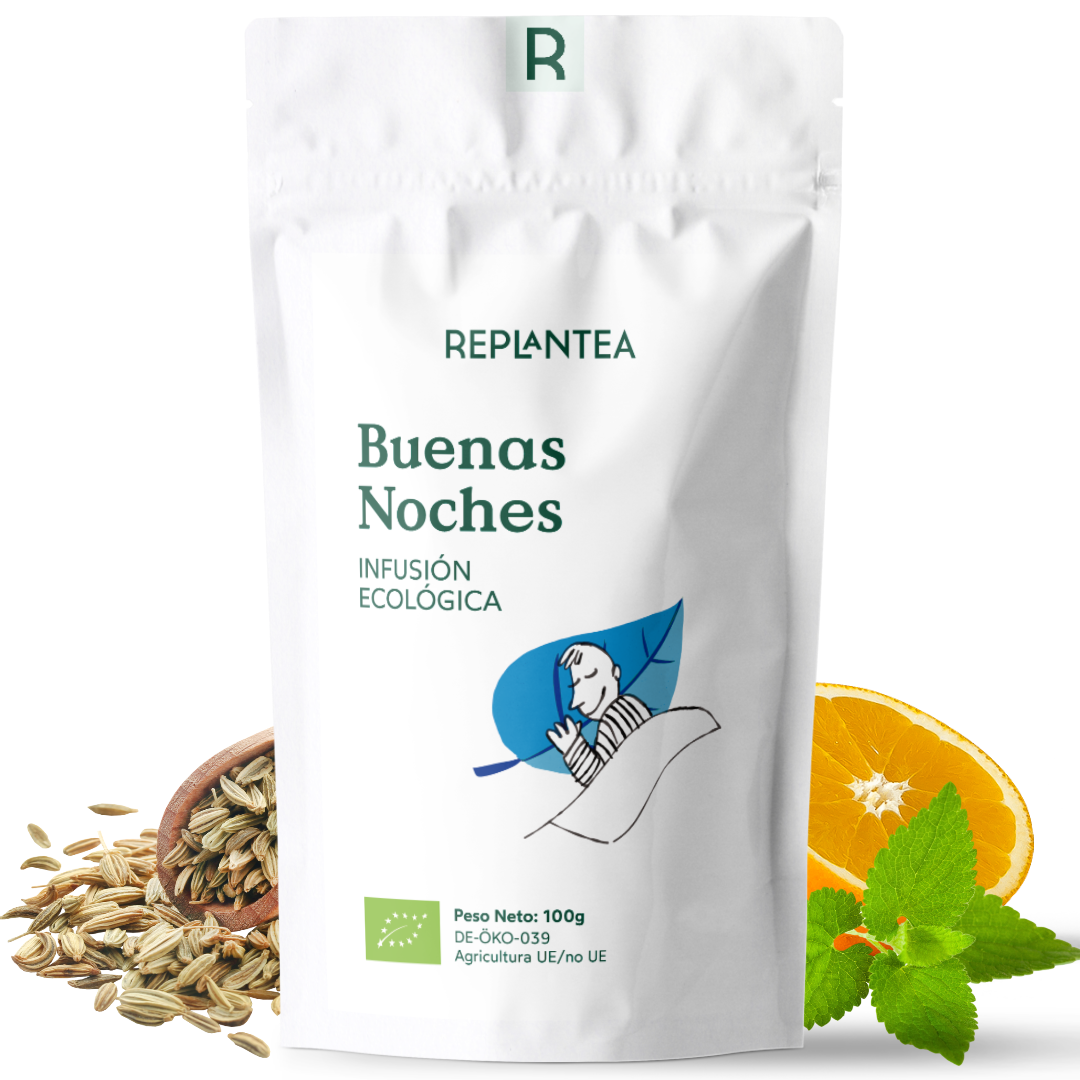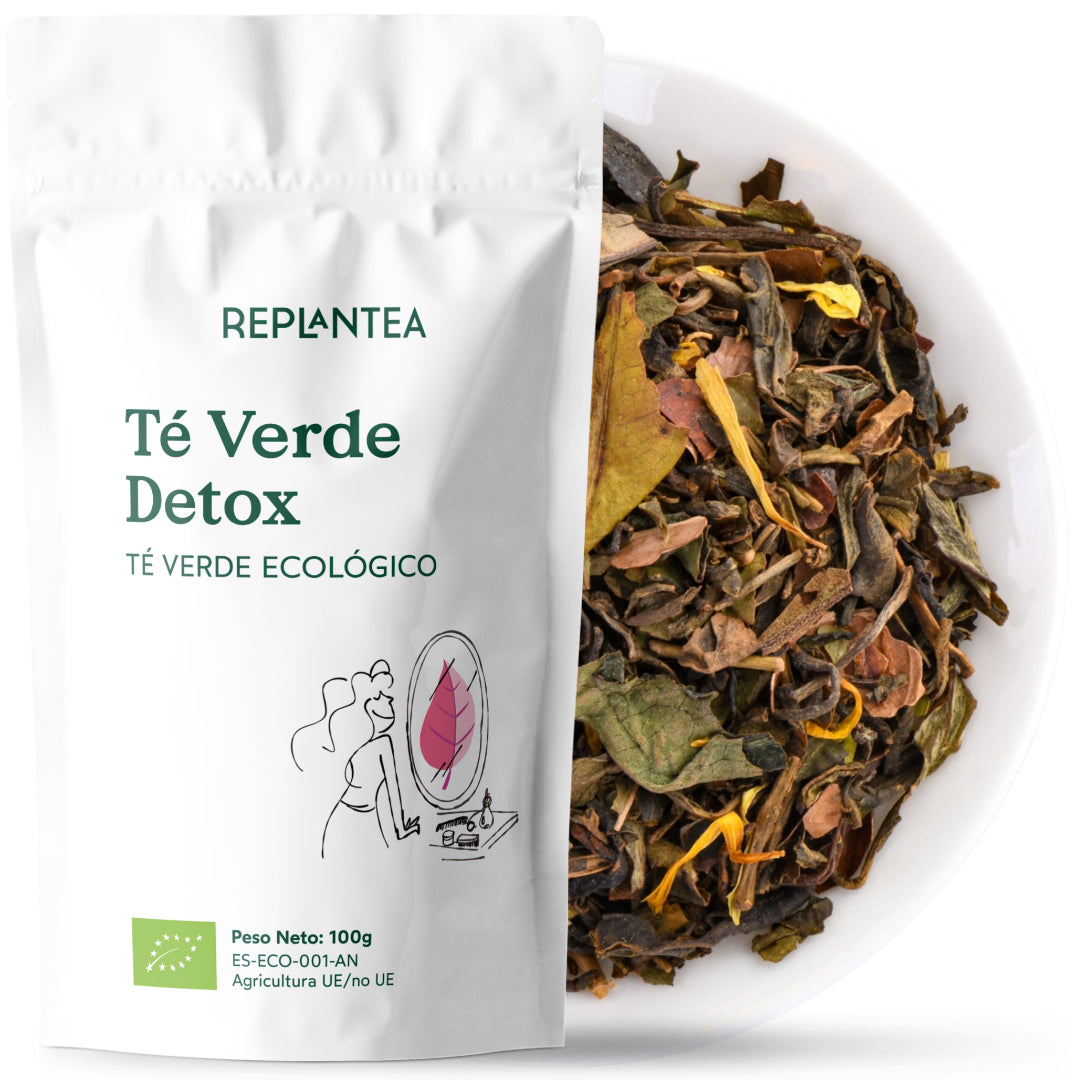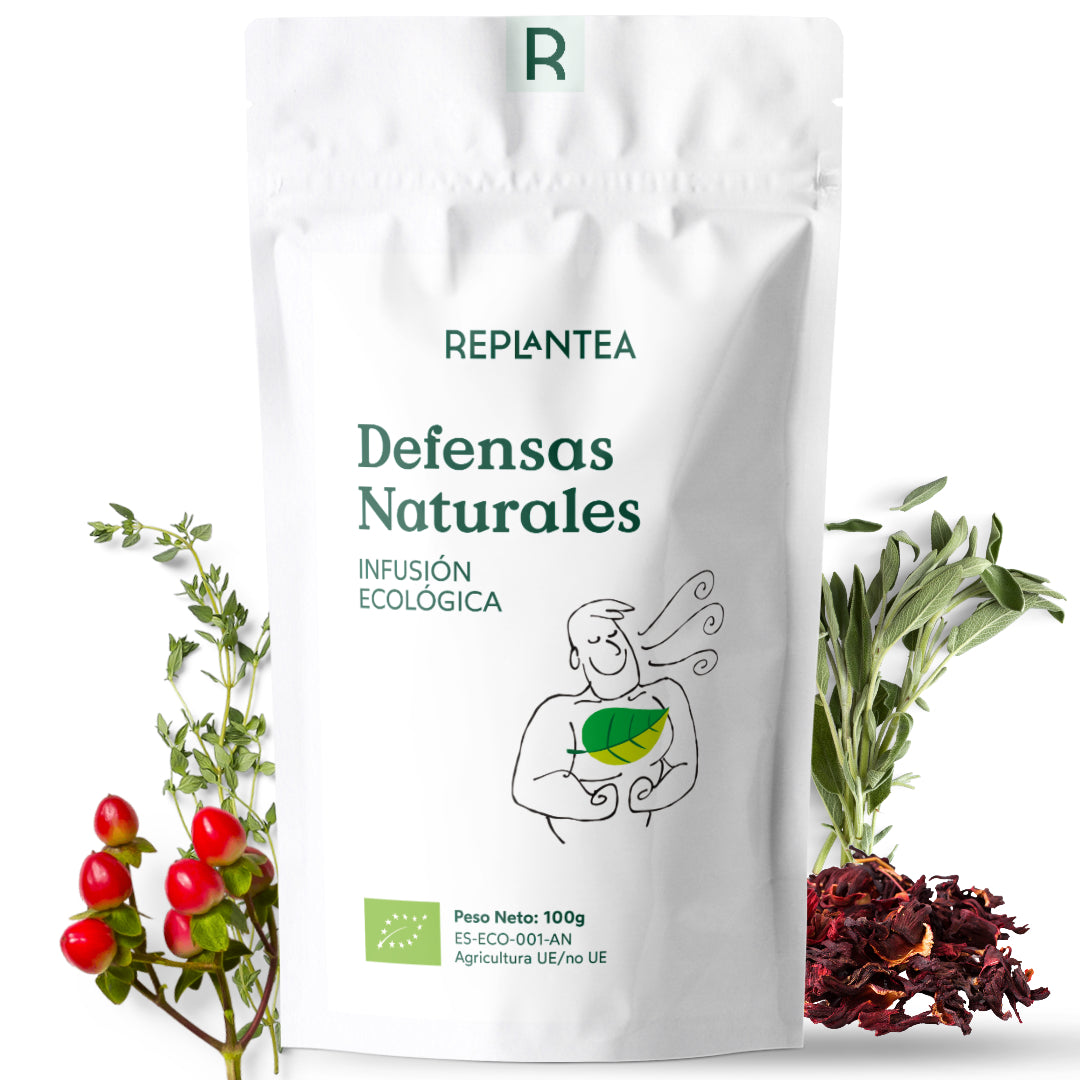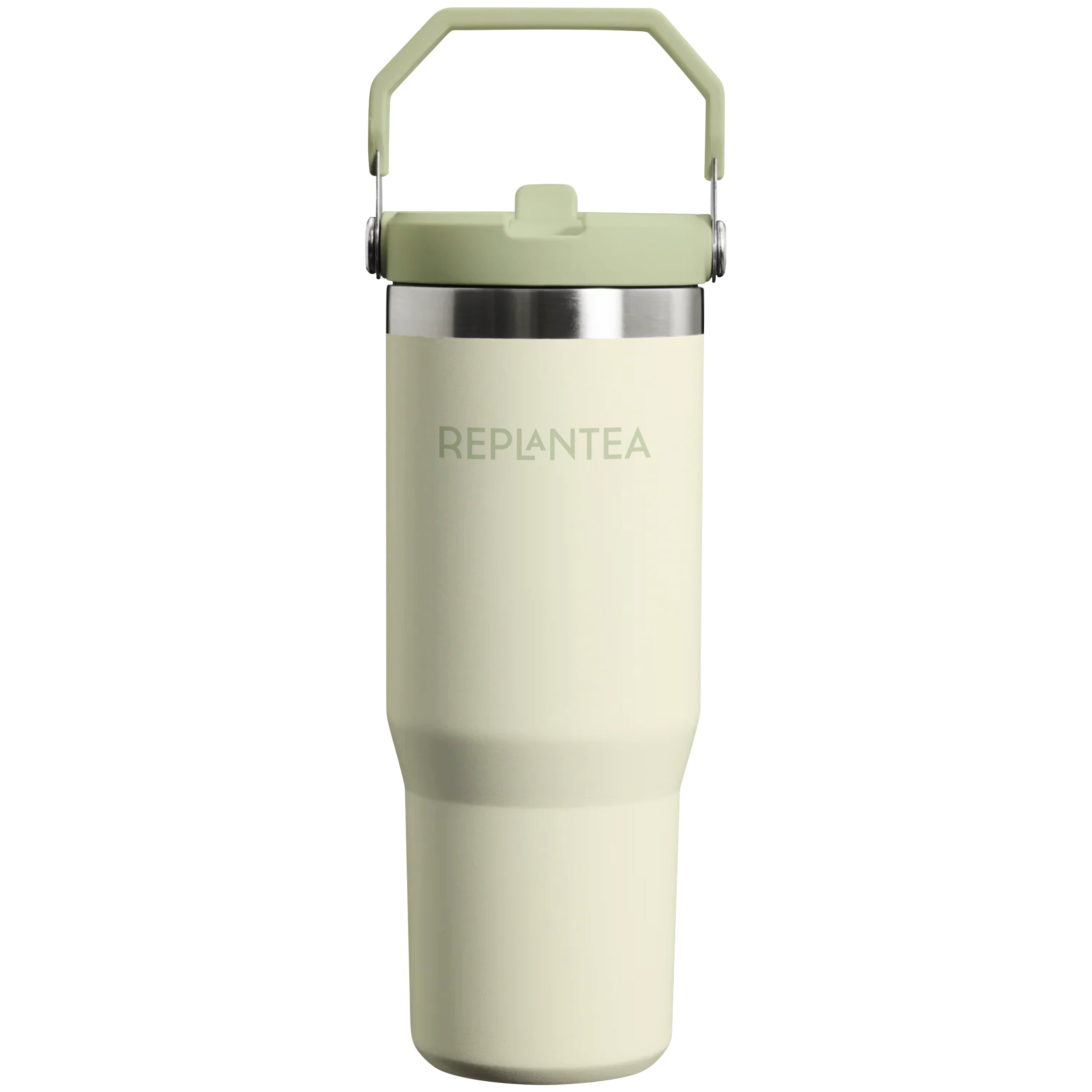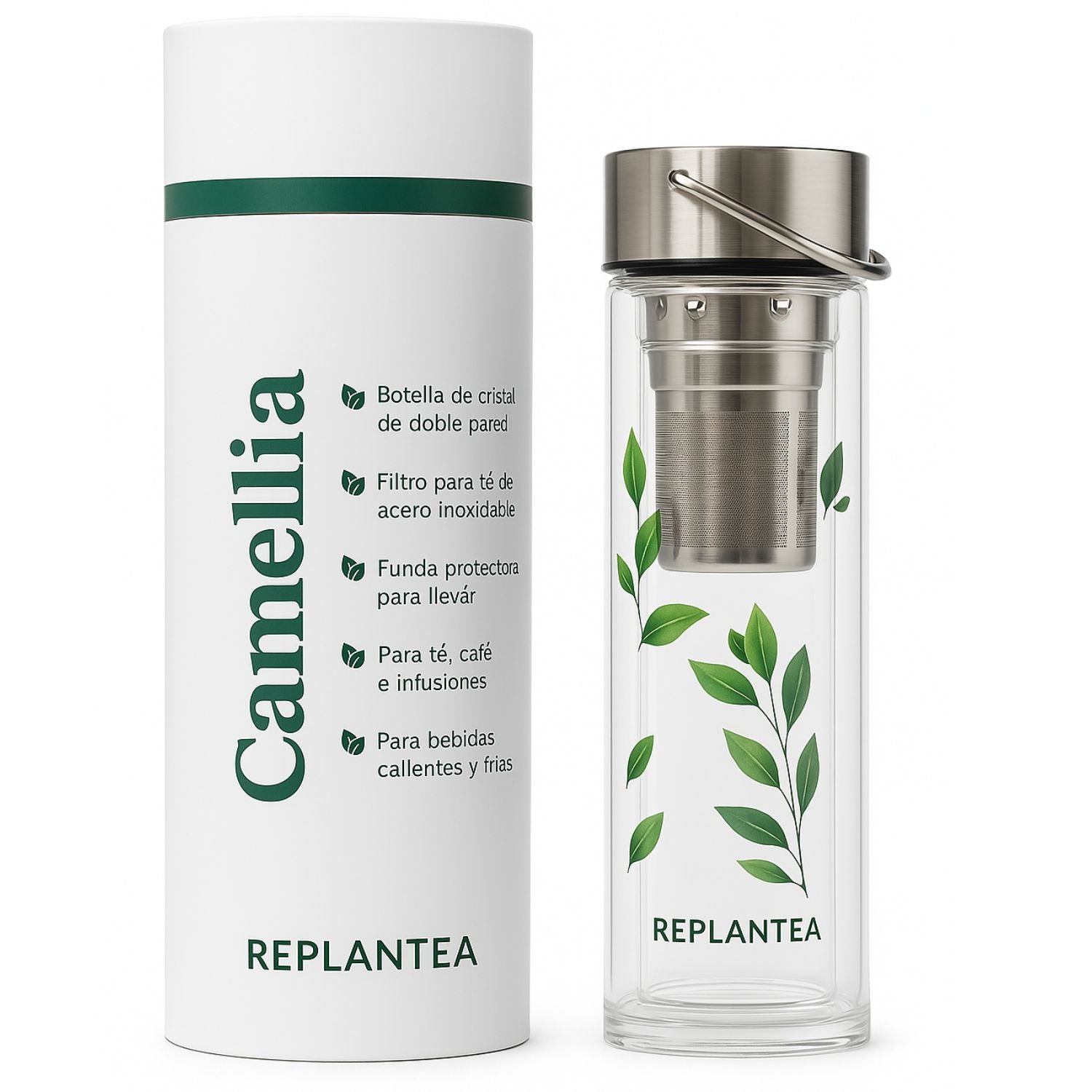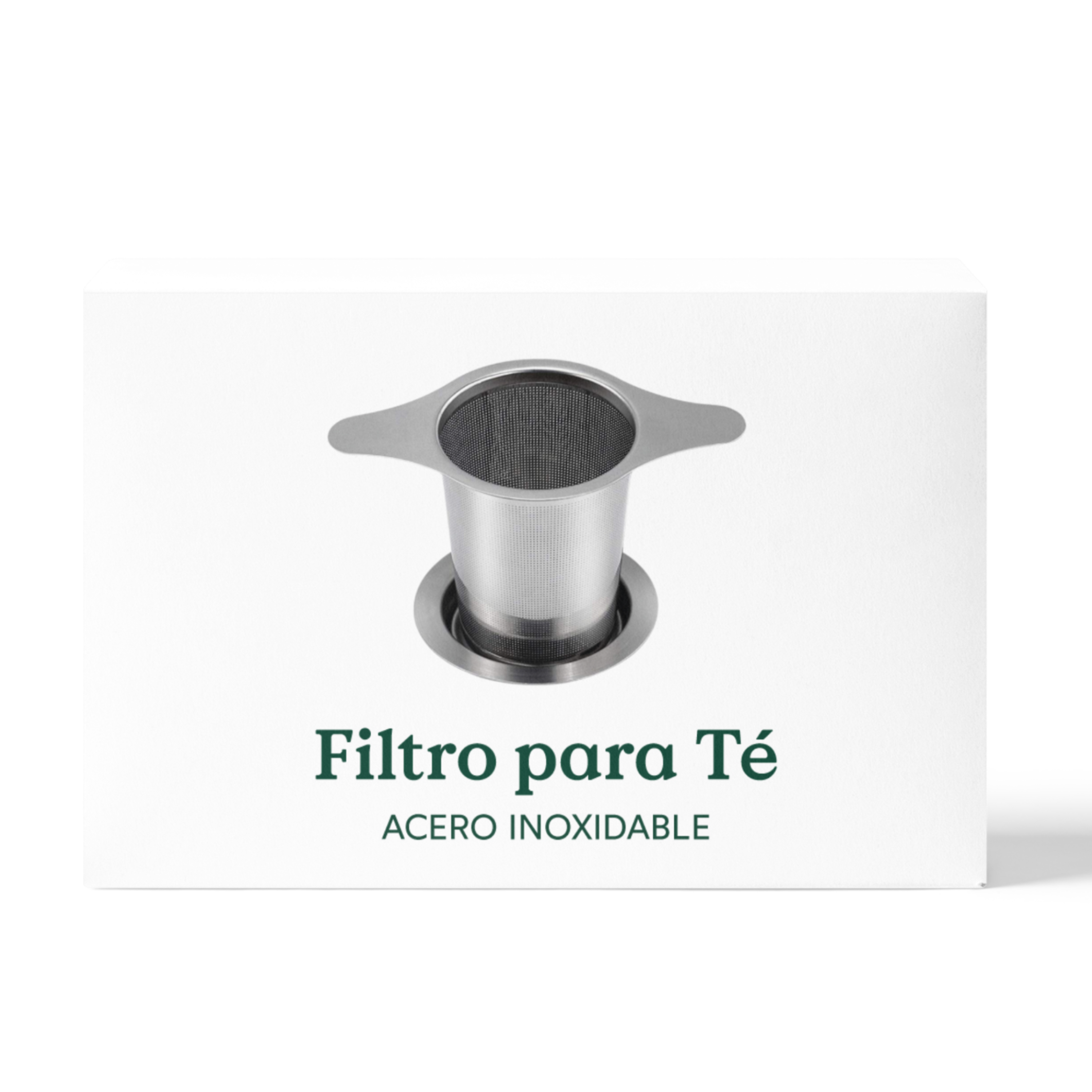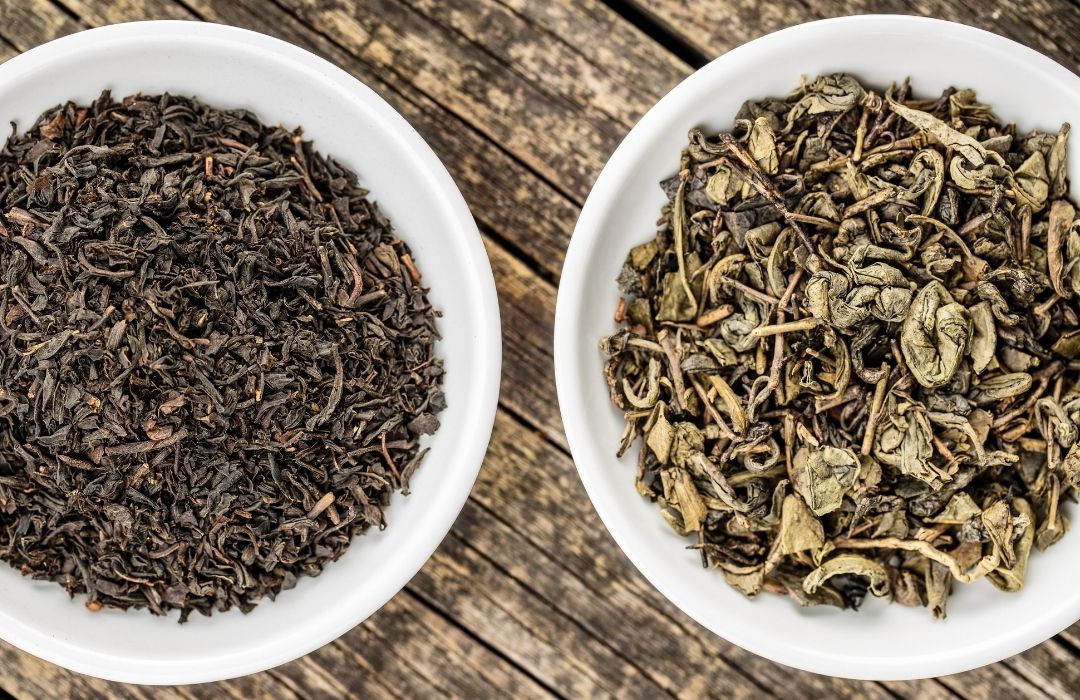
Black Tea and Green Tea, Which is Healthier?
What is black tea | What is green tea Which is healthier?
Tea is one of the most popular beverages in the world and can be found on virtually every corner. It comes in hundreds of varieties, each with a unique flavor, aroma, and fascinating story. This immense variety can make it difficult to decide which tea is best for your health.
Even within the two main tea categories, black tea and green tea, there are multiple varieties that vary in flavor, composition, and brewing method . In this brief guide, we break down the differences and health benefits of black and green teas so you can decide which one is best for you.

What is black tea?
Black tea is made from the leaves of the Camellia sinensis plant , primarily in three countries: China, India, and Sri Lanka . In China, it is grown in the Anhyi and Yunnan regions. In India, the most important regions are Darjeeling and Assam. Sri Lankan black teas are called Ceylon, after the country's former name.
Black tea: preparation
The main difference between black tea and green tea is the production process. While green tea is not oxidized, black tea is almost completely oxidized.
Black tea leaves are harvested and withered to reduce moisture content. They are then rolled to create tiny fissures in the leaves that allow enzymes to interact with oxygen. The rolled leaves are then spread on trays where oxygen turns them black. Finally, the leaves are fired in kilns to prevent oxidation, and then packaged.
When to drink black tea?
Black tea contains between 50 and 90 mg of caffeine, although blends of black tea and other ingredients, such as Earl Grey or Chai tea, contain less caffeine. It's important to keep this in mind when it's best to drink black tea.
It is best to drink black tea during the day , this way we ensure that the stimulating effects of the caffeine have disappeared by the time we go to bed.
Drinking black tea about 30 minutes after lunch is a great option, as black tea is very digestive and will help you feel less heavy and have energy to continue the rest of the day.
RELATED INFORMATION
What is green tea?
Green tea is one of the least processed teas; only white teas have a simpler production method. Green tea, like black tea, is made from the leaves of the Camellia sinensis plant. The largest producers and consumers of green tea are China and Japan.
Green tea: preparation
Each of these countries has its own green tea production system . In Japan, tea plants are shaded during the final weeks before harvest to increase their chlorophyll content. After harvesting, they are steam-dried, which gives Japanese green teas their characteristic vegetal and herbaceous flavor.
In China, green tea leaves are brewed in large pots, giving these teas a more robust flavor with a more earthy and toasty taste.
When to drink green tea?
Green tea contains between 25 and 35 mg of caffeine, with the exception of matcha tea, which contains up to 60 mg. Green tea is often recommended as a coffee substitute. This is because green tea contains L-theanine, a compound that slows the absorption of caffeine, making the stimulating effect on our body longer and more sustained, avoiding the energy spikes associated with coffee consumption.
Green tea is a great beverage to have in the morning , but be sure not to drink it on an empty stomach, as it can cause irritation. Green tea can help you start the day energized as it also has the ability to boost your metabolism.
It is recommended to drink the last cup of green tea of the day about 2 or 3 hours before going to sleep to ensure that the stimulating effect of the caffeine does not affect sleep.

Black tea and green tea, which is healthier?
Many people know that drinking tea can be beneficial for their health. But how do you know which is better for you? We've compiled a short list of the benefits of black tea and green tea so you can decide for yourself.
Black tea: benefits and properties
The enzymatic oxidation generated in tea leaves during black tea production converts some of the catechins into theaflavins and thearubigins, while also destroying some of the vitamins. Since some of the components vary from those of green tea, some of its benefits and properties also vary.
- Helps with weight loss: Black tea can help you lose weight and stay in shape. Its caffeine content speeds up your metabolism. It also speeds up digestion, allowing your body to burn fat more efficiently. Because it's calorie-free, black tea is a great substitute for other sugary energy drinks.
- Reduces cholesterol: When we have a high level of "bad" cholesterol in the body, it can clog arteries, which can lead to heart problems and even heart attacks. Some studies have found that drinking black tea can reduce "bad" cholesterol by up to 11% in individuals with slightly elevated levels.
- Reduce your risk of stroke: A stroke occurs when a blood vessel in the brain becomes blocked or ruptures. The good news is that up to 80% of strokes can be prevented by controlling your diet, exercising, or not smoking. A study conducted over 10 years on 74,000 people concluded that those who drank black tea daily had a 32% lower risk of stroke.
These are Replantea's 100% organic black teas .
Green tea: benefits and properties
According to recent studies, green teas have a higher polyphenol content than other types of tea, including black tea. This enhances their antioxidant power. Green tea's less interventionist production method also means it retains more iron and vitamin content than green tea.
- Improves brain function: Green tea contains theine and L-theanine. The theine in green tea acts as a stimulant differently than coffee. The caffeine in tea is released in a more controlled manner in the body, maintaining its effects for longer but without causing the nervousness attributed to the caffeine in coffee. L-theanine is an amino acid that increases the activity of the GABA neurotransmitter, having anxiolytic effects and increasing dopamine, resulting in relaxation and greater concentration.
- Helps with weight loss: Green tea also helps with weight loss when combined with a healthy diet and exercise. For this reason, green tea is one of the main ingredients in many weight-loss supplements. The catechins and theine present in green tea speed up the metabolism, which makes fat burning faster.
- It can prevent numerous diseases: The antioxidants in green tea can not only help eliminate toxins from your body, they can also prevent serious diseases. Antioxidants work to eliminate free radicals that cause oxidative damage to cells. This oxidative stress is responsible for diseases such as Alzheimer's and heart disease.
These are Replantea's 100% organic green teas .
Choose your favorite tea
Both black tea and green tea contain powerful compounds that provide numerous health benefits. Both help maintain a healthy immune system, promote heart health, and contribute to weight loss. Deciding which one is best for you will depend on your situation and tastes.
The great thing about tea is that you can switch to another type whenever you want and choose from the immense variety of flavors and aromas it offers. Whichever tea you choose will be a healthy, calorie-free, and completely natural beverage, and simply replacing it with other sugary drinks will provide you with great benefits.
We recommend that you consume loose organic teas whenever possible. This way, you avoid consuming harmful chemicals derived from pesticides and fertilizers.

RELATED INFORMATION
Sources
- Korystova AF, Kublik LN, Samokhvalova TV, Shaposhnikova VV, Korystov YN. Black tea is more effective than green tea in prevention of radiation-induced oxidative stress in the aorta of rats. Biomed Pharmacother. 2021 Aug 20;142:112064.
- (2018) Absorption, metabolism, anti-cancer effect and molecular targets of epigallocatechin gallate (EGCG): An updated review, Critical Reviews in Food Science and Nutrition, 58:6, 924-941.
- Siro I. Trevisanato, Ph D, Young In Kim, MD, FRCP(C), Tea and Health , Nutrition Reviews , Volume 58, Issue 1, January 2000, Pages 1–10.
- Arpita Basu, PhD, Edralin A. Lucas, PhD, Mechanisms and Effects of Green Tea on Cardiovascular Health , Nutrition Reviews , Volume 65, Issue 8, August 2007, Pages 361–375.
- Jochmann, N., Lorenz, M., Krosigk, A., Martus, P., Böhm, V., Baumann, G., . . . Stangl, V. (2008). The efficacy of black tea in ameliorating endothelial function is equivalent to that of green tea . British Journal of Nutrition, 99 (4), 863-868.
- Persson, I., Persson, K., Hägg, S., & Andersson, R. (2010). Effects of green tea, black tea and Rooibos tea on angiotensin-converting enzyme and nitric oxide in healthy volunteers. Public Health Nutrition, 13 (5), 730-737.

